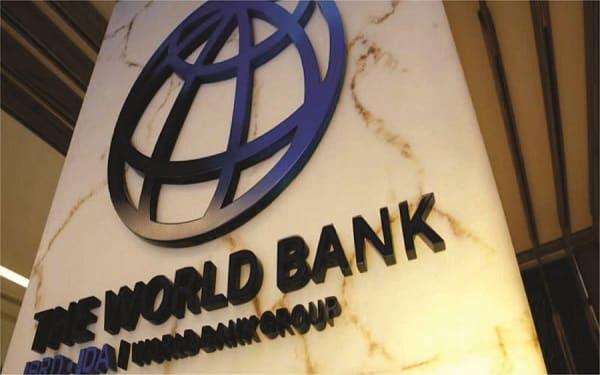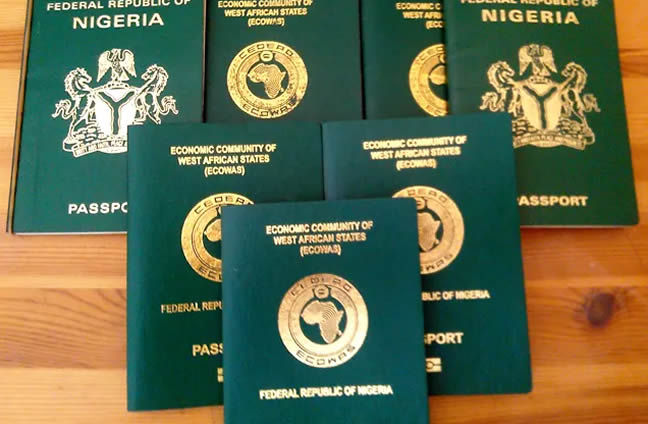The Debt Management Office (DMO) external debt stock reports have revealed that Nigeria’s debt to the World Bank Group increased by $7.64bn (₦3.52 trillion) between 2015 and 2022.
According to a report by The PUNCH, Nigeria's indebtedness to the World Bank rose from $6.29 billion (₦2.9 trillion) in December 2015, to $13.93 billion (₦6.42 trillion) in December 2022.
The International Development Association (IDA) and the International Bank for Reconstruction and Development (IBRD) of the World Bank have funded Nigeria's major developmental policies over the years.
The IBRD provides loans to creditworthy governments of low-income countries, while the IDA provides concessionary loans and grants to governments of the poorest countries.
Despite the World Bank's latest Africa’s Pulse report predicting a 2.8% economic growth for Nigeria in 2023, it warns of weak economic growth and policy challenges for the incoming administration this year.
The report reads, “The growth recovery in Nigeria for 2023 (2.8 percent) is still fragile as oil production remains subdued and the new administration faces many policy challenges.”
In 2016, Nigeria owed IDA $6.29 billion and IBRD $3.57 million, which rose to $13.45 billion and $487.03 million, respectively, in 2022. Furthermore, Nigeria's yearly borrowing from the World Bank increased from $6.67 billion in 2016 to $12.38 billion in 2021.
Nigeria's increasing debt profile has earned it a spot on the World Bank’s top 10 International Development Association borrowers’ list.












